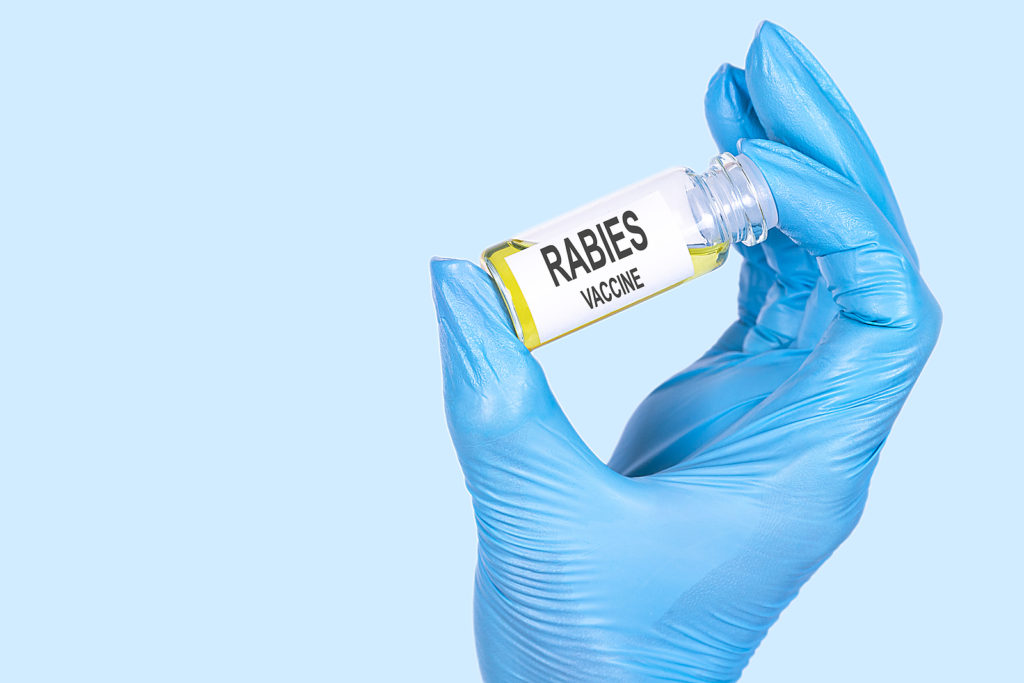Bats, like most mammalian wildlife, are capable are carrying and transmitting several contagious diseases. One of the most notorious illness associated with bats in particular is the Rabies virus. If you recently discovered bats in or around your property, you are likely filled with all sorts of concerns, and your safety is at the top of the list. To put your mind at ease, it is wise to begin educating yourself on the link between bats and rabies.
Continue reading to review some frequently asked questions that can help get you started on the right path.

Bat Populations Infected With Rabies Virus
No; not all bats have rabies. Although bats are known carriers, it does not mean that every bat you encounter is infected. Furthermore, just because a bat is a carrier does not mean they are actively infected. Read our blog, “Top 4 Signs of a Rabid Bat” to learn what an active infection may appear like. Of course, it is important to steer clear of all bats, just in case.
How Bats Transmit Rabies
According to the Center for Disease Control and Prevention (CDC), “The rabies virus is transmitted through saliva or brain/nervous system tissue. You can only get rabies by coming in contact with these specific bodily excretions and tissues.”
Rabies Protection and Preventative Maintenance
For humans, the Rabies virus is 100% preventable with the right vaccinations. Because adults in good health are rarely exposed, shots are not necessary unless someone is bitten or exposed. The best course of action adults can take is to adhere to adequate animal vaccination and control standards.
Rabies Vaccinations
Rabies vaccinations are intravenously-administered treatments to produce an immunity against the virus in the case that exposure was to ever occur. The Rabies vaccine consists of 3 types of cells, which are human cells, chick embryo cells, and fetal rhesus lung cells. Those being vaccinated will receive a 3 part dose of Rabies immune globulin, starting with an initial vaccine beforehand, a second dose 7 days later, and a final dose 21 to 28 days after the first dose.
Pets and Rabies
Vaccinating, spaying, and neutering your dogs and cats are the most effective methods of Rabies control. It will also save their lives if they are ever exposed to the Rabies virus. Talk to your veterinarian about the proper vaccination schedule for your pet. You can also learn more about how to prevent rabies in animals directly from the Center for Disease Control and Prevention (CDC).
Central Indiana Bat Removal and Control Service
Call 317-535-4605 for safe and humane bat removal services in Indianapolis. Our licensed bat control specialists offer a wide range of residential and commercial bat extraction and exclusion services at the most competitive prices around. We only use safe, eco-friendly techniques and humane methods of bat abatement, including relocated captured bats to a faraway, safe habitat. We also offer 24 hour emergency service, free estimates, free advice, and more! Contact us anytime to request a free estimate, today.


